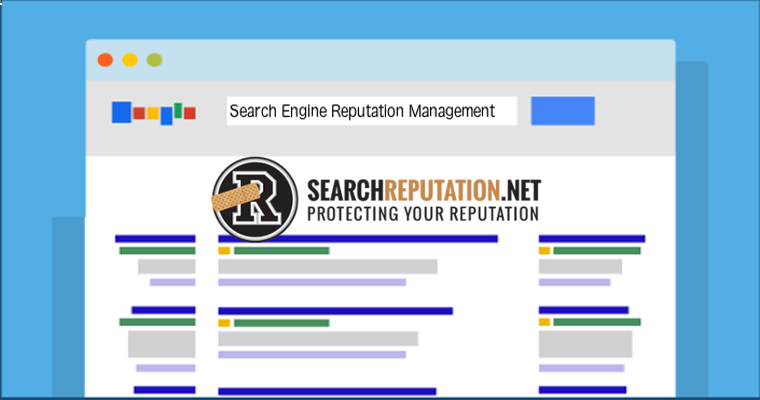This is a sponsored post written by SearchReputation.net. The opinions expressed in this article are the sponsor’s own.
You have likely heard several well-known industry figures like Andy Beal, Pierre Zarokian, and Herman Turnurcuoglu refer to the term Search Engine Reputation Management, otherwise known by the acronym SERM, but a precise definition is often hard to find.
Most of the digital marketing references mention the larger Online Reputation Management Industry and the companies that offer various services within this industry, such as social media monitoring, community management, and conversation influence. All too often the methods of search engine reputation management are confused or thrown into the same category of ORM.
What is SERM?
Search Engine Reputation Management is a subset of ORM. It refers to three primary areas of manipulation by the practitioner.
- Reputation issues caused by Google Autocomplete
- The negative search results on the first SERP
- The negative connotation associated by the Google Suggestions at the bottom of the SERPs
These are the most visible areas from the reputation problems caused by search engines, primarily by Google. Many lives and careers have been destroyed by these results because the public at large views the Google algorithm to be autonomous and influenced by unfiltered votes. Studies show that, when it comes to what Google reveals, people believe “there is truth in numbers”.
Autocomplete also had a hand in creating a new form of “ego surfing”, where users search for their own name to see how Google autocompletes the query, which gives insight into how others see you. A 2014 study published in the journal New Media & Society by researchers Esteve Sanz, and Juraj Stancik found that people who use search engines the most also express a greater amount of trust in other people; Sanz and Stancik write that it is an attempt to create a sense of place “in relation to the collectivity.” A reputation barometer if you will. In social media, influencers are seen to have disproportionally more voices, so that the message can be hijacked.
So when Google registers a slight uptick in interest on negative topics, it may be hurtful to your brand. Precisely because people perceive it as a democratic “truth”.
Can You Change How Google Sees You?
Searchreputation.net dedicates itself to influencing this perception caused by this ‘truth in numbers’ mentality. “Most of what we do involves re-creating alternative learning for Google’s new machine learning algorithm, called RankBrain” says Julie-Anne Kelechian, Senior Account Manager at SearchReputaion.
By creating alternate content and initiating user engagement, by way of crowdsourcing, we’re able to influence Google positively for our clients. While we do use some established on-page and off-page SEO techniques, we don’t like to be lumped in with SEO and online reputation companies. That is because we do so much more!
Herman Turnurcuoglu explains: “Search engine reputation management is multi-dimensional, it’s one part PR, and one part legal, one part social media/content marketing, and one part SEO. Most ORM firms come from one of these backgrounds; SERM is a hybrid function. Think MMA vs Boxing.”
Call us today at 1-888-295-7134 to see how we can work together!
Image Credits
Featured Image: Image by SearchReputation. Used with permission.
In-post Image #1: Image by SearchReputation. Used with permission.



